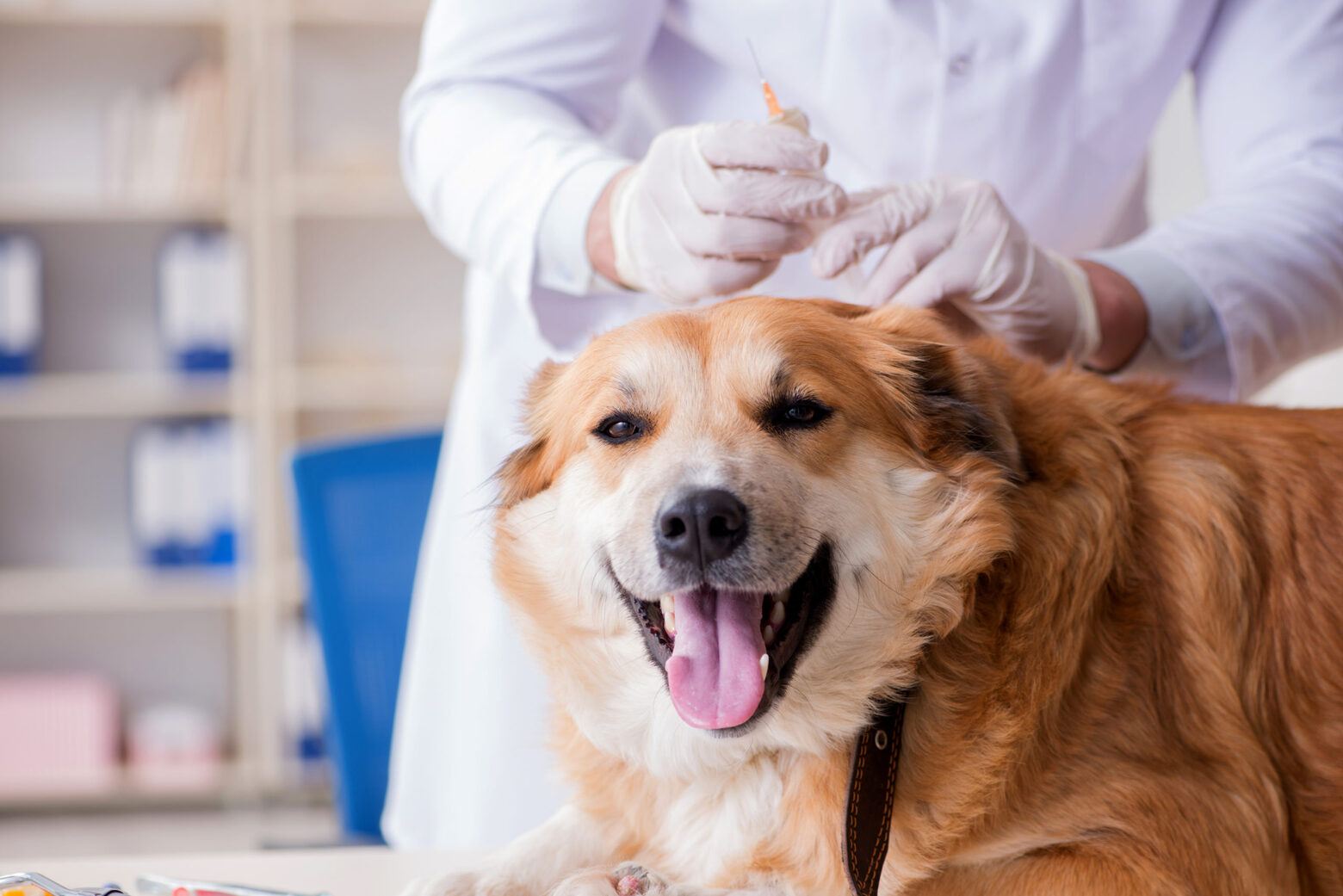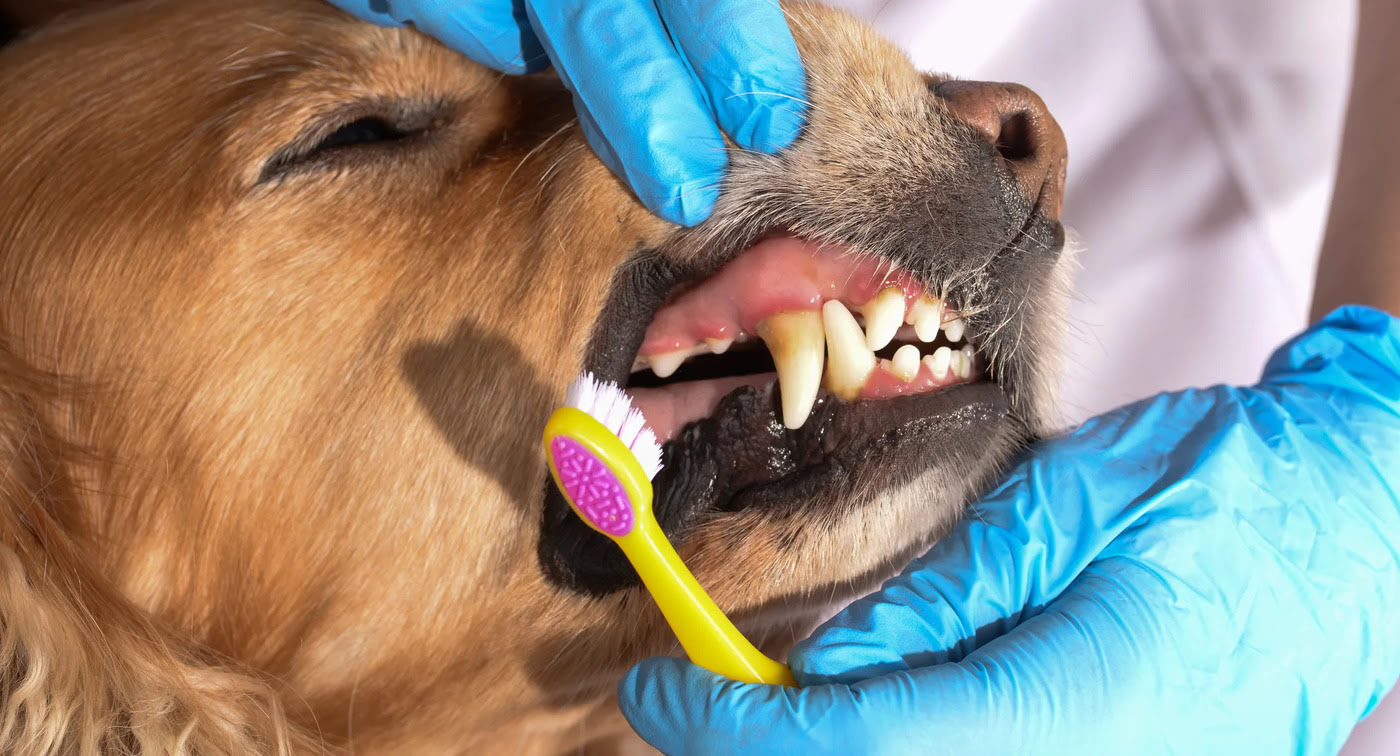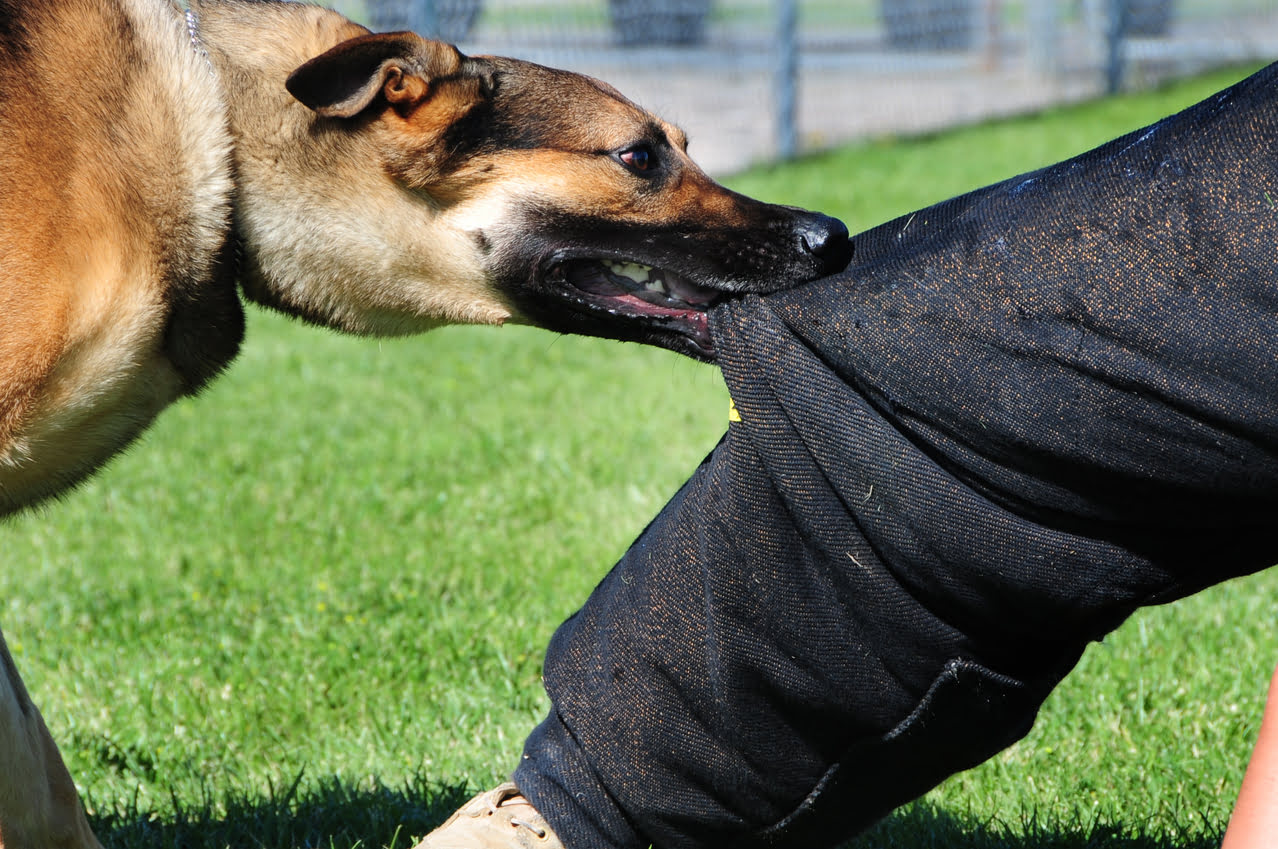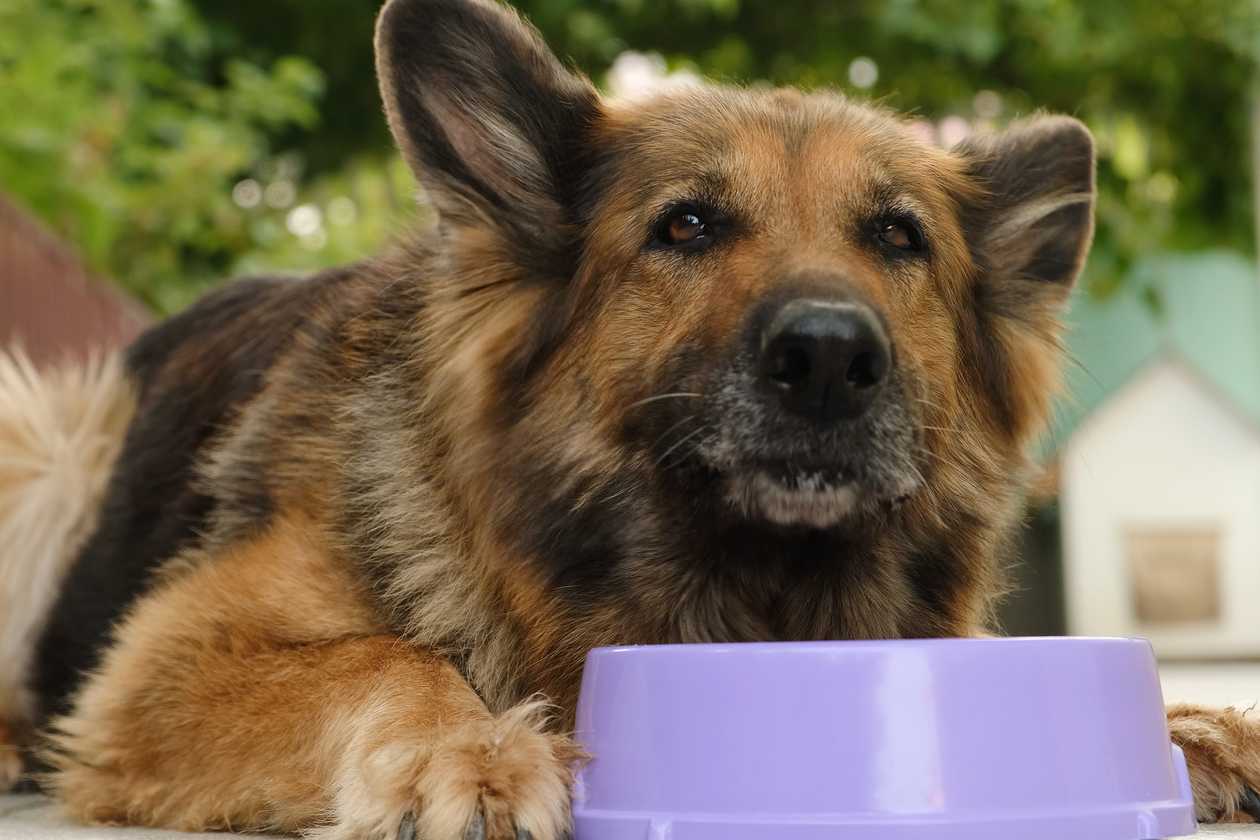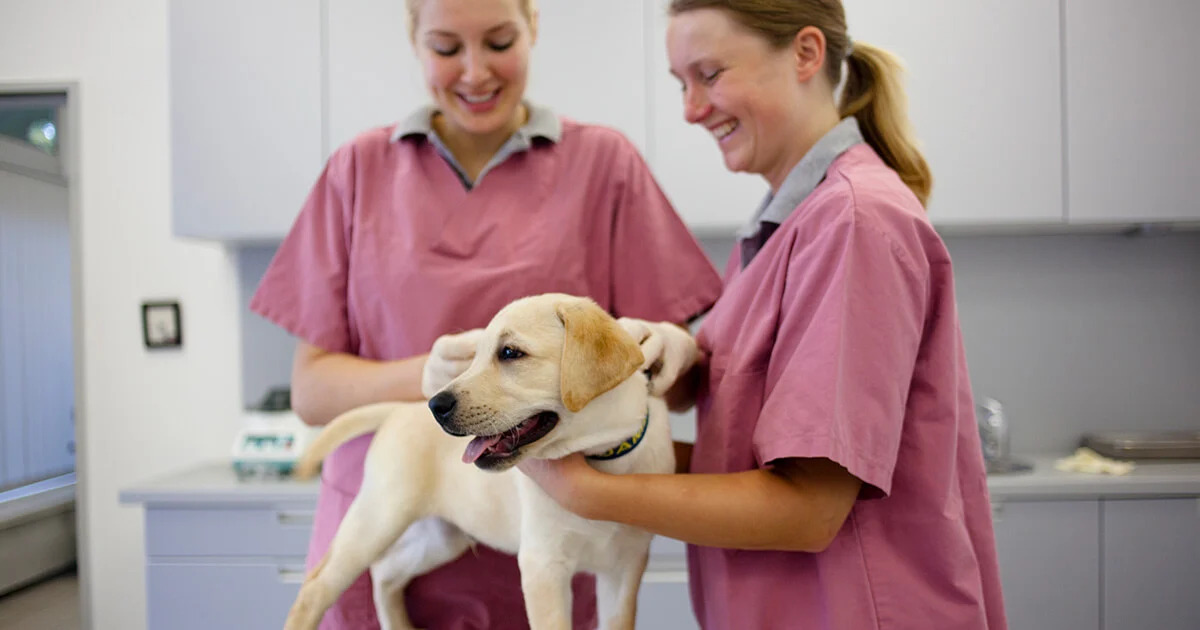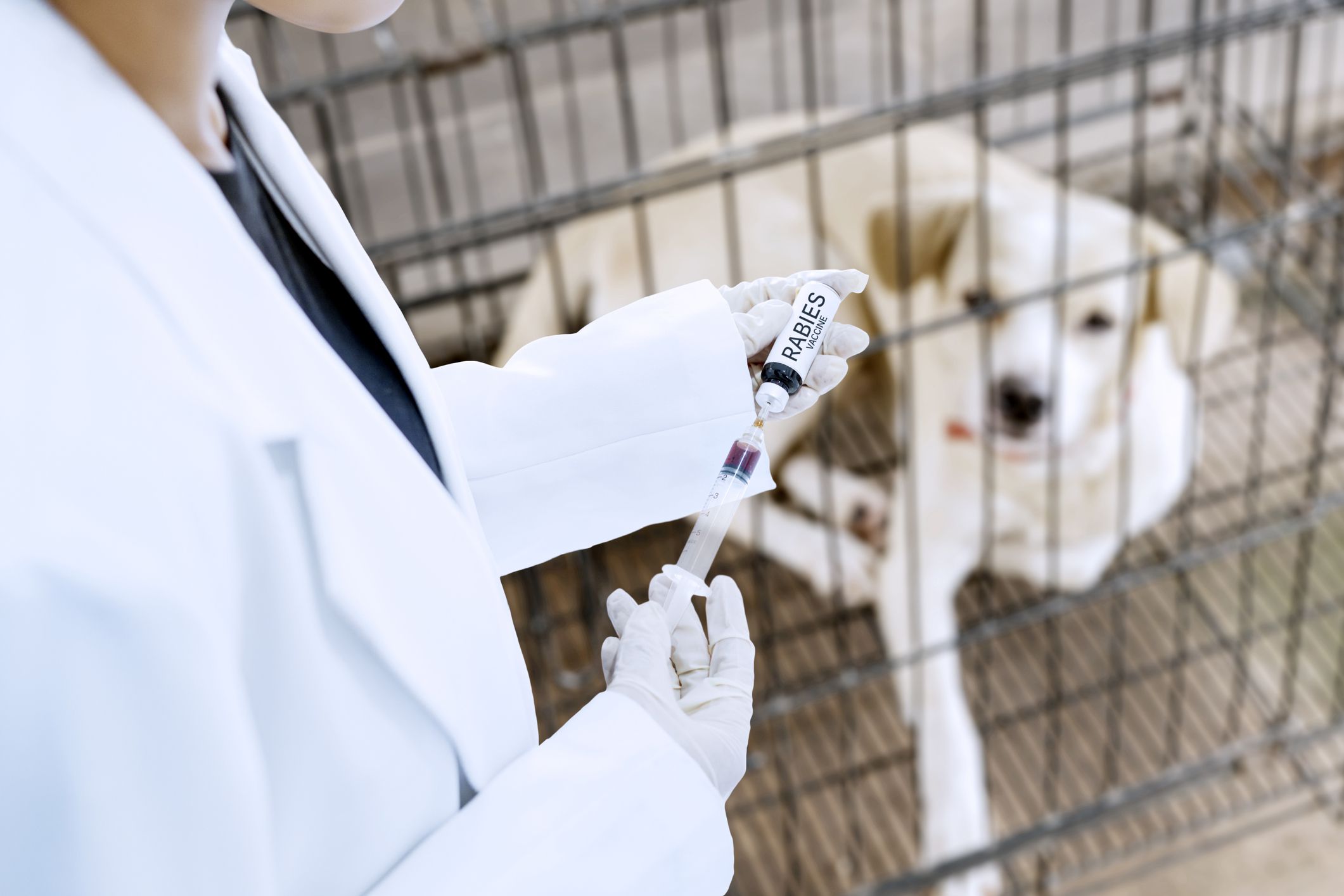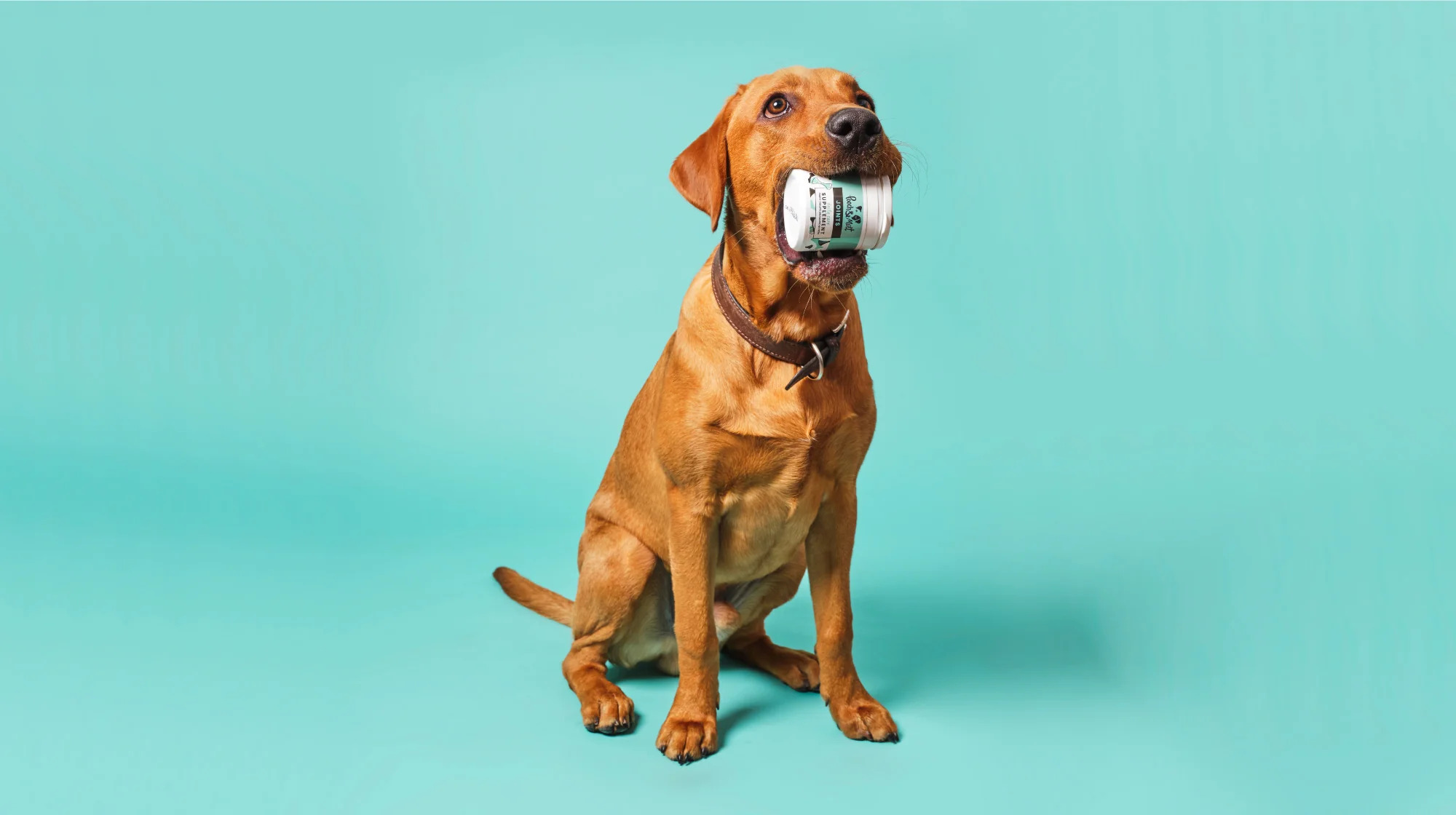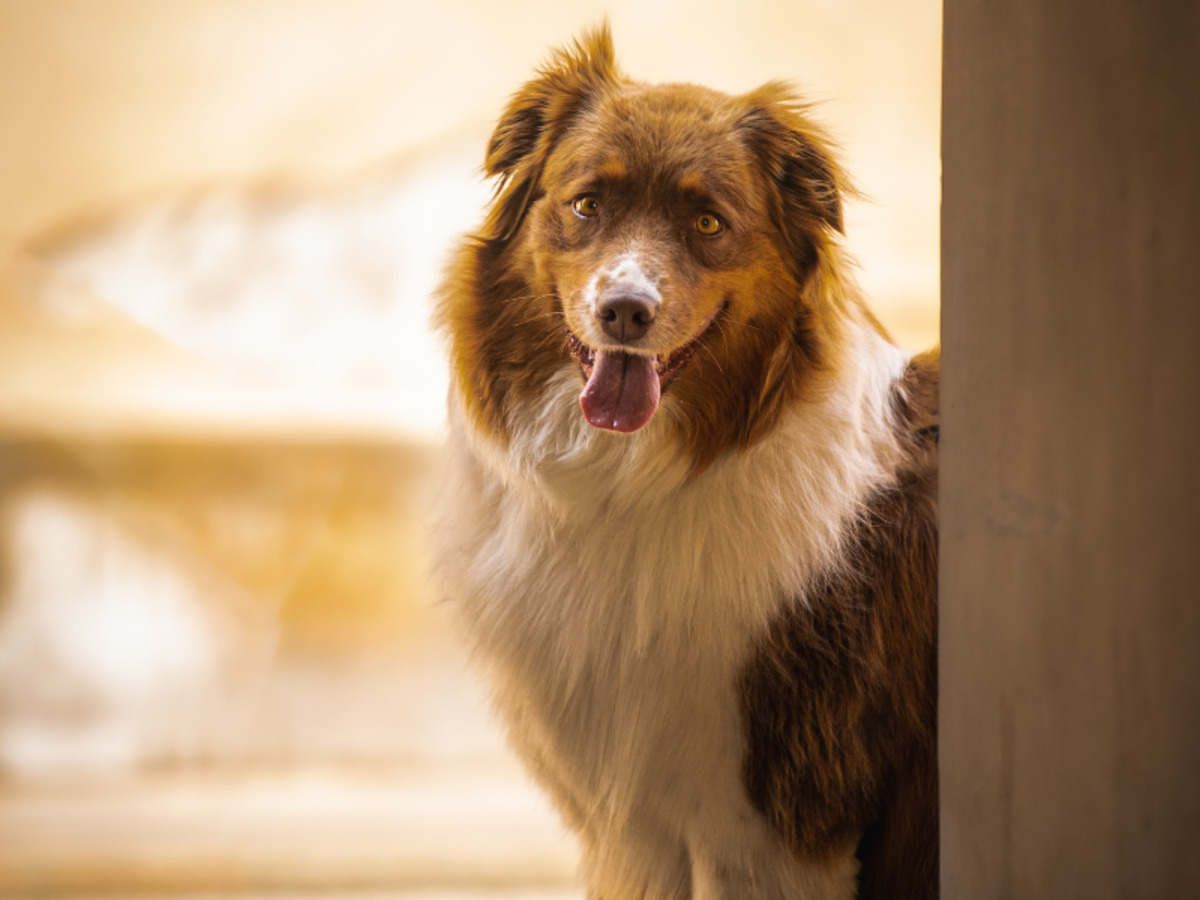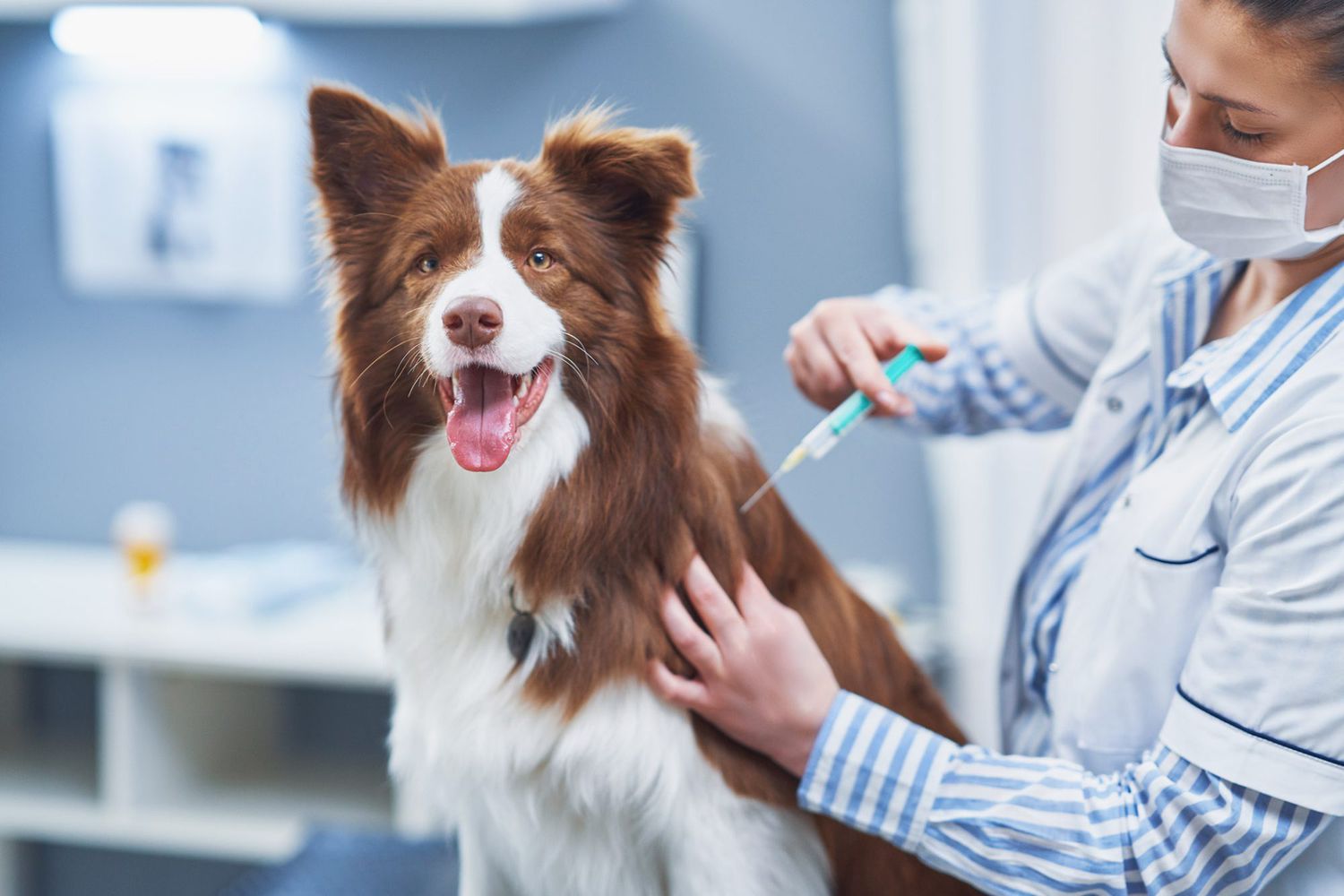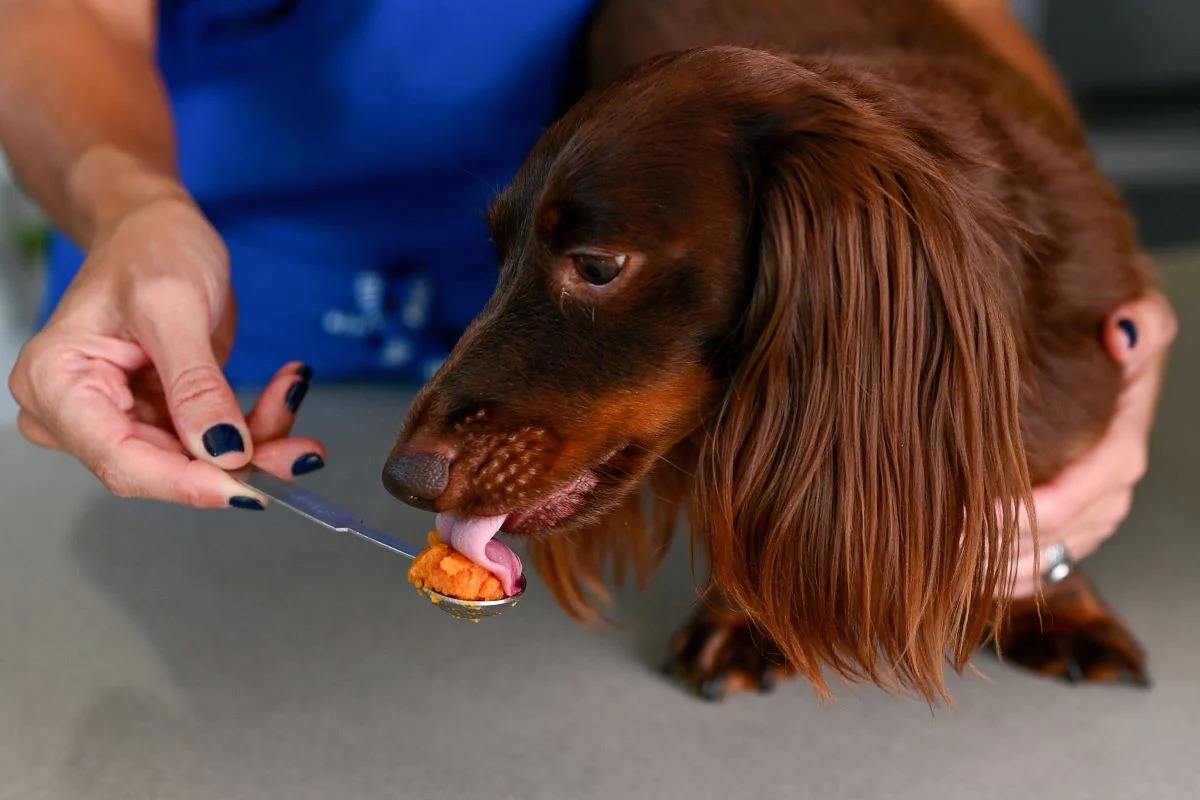Home>Health & Wellness>Common Health Issues>What Vaccinations Does My Dog Need For Kennels


Common Health Issues
What Vaccinations Does My Dog Need For Kennels
Published: January 31, 2024
Ensure your dog's health with the necessary vaccinations for kennels. Learn about common health issues and how to protect your furry friend.
(Many of the links in this article redirect to a specific reviewed product. Your purchase of these products through affiliate links helps to generate commission for Pawsomeoldies.com, at no extra cost. Learn more)
Table of Contents
Introduction
When it comes to ensuring the health and well-being of our furry companions, vaccinations play a crucial role in safeguarding them against a myriad of diseases. Just as humans receive vaccinations to prevent illnesses, dogs also require immunization to protect them from potentially harmful and sometimes life-threatening conditions. This is especially important for dogs that frequent kennels, as these environments can expose them to a higher risk of contracting contagious diseases due to close proximity with other animals.
Understanding the specific vaccinations that your dog needs for kennels is essential for maintaining their overall health and minimizing the risk of contracting preventable diseases. By staying informed about the core and non-core vaccinations recommended for kennel environments, you can take proactive measures to ensure that your beloved canine companion remains healthy and happy during their stays away from home.
In this comprehensive guide, we will delve into the essential vaccinations that are crucial for dogs in kennels, shedding light on both core and non-core immunizations. Additionally, we will outline a recommended vaccination schedule to help you stay on top of your dog's immunization needs. By the end of this article, you will have a clear understanding of the vaccinations necessary to protect your dog in kennel settings, empowering you to make informed decisions regarding their health and well-being.
Core Vaccinations for Kennels
Core vaccinations are essential for all dogs, regardless of their lifestyle or environment. These vaccines protect against highly contagious and potentially fatal diseases that can easily spread in kennel settings. It's crucial to ensure that your dog is up to date with these core vaccinations to provide them with the best possible protection. The core vaccinations for kennels include:
-
Rabies Vaccine: This vaccine is not only essential for your dog's health but is also required by law in many regions. Rabies is a fatal virus that can be transmitted to humans, making it a significant public health concern. Dogs that frequent kennels should be vaccinated against rabies to prevent the spread of this deadly disease.
-
Canine Distemper Vaccine: Canine distemper is a highly contagious and serious viral illness that affects the respiratory, gastrointestinal, and nervous systems of dogs. It can be spread through airborne exposure or direct contact with an infected animal. Vaccination is the most effective way to protect your dog from this devastating disease, especially in kennel environments where close contact with other dogs is common.
-
Canine Parvovirus Vaccine: Parvovirus is a highly contagious and potentially deadly virus that affects dogs, particularly puppies and unvaccinated adults. The virus is resilient and can survive in the environment for an extended period, making it a significant threat in kennel settings. Vaccination is crucial to protect your dog from the severe gastrointestinal symptoms and potential fatality associated with parvovirus infection.
-
Canine Adenovirus (Hepatitis) Vaccine: Canine adenovirus type 1 (CAV-1) causes infectious hepatitis in dogs, leading to severe liver damage and other systemic complications. The vaccine not only protects against hepatitis but also provides cross-protection against adenovirus type 2 (CAV-2), which is associated with respiratory infections. Vaccination against canine adenovirus is vital for dogs in kennels to prevent the spread of this contagious disease.
Ensuring that your dog receives these core vaccinations is a fundamental step in protecting their health and well-being, especially in environments where they may come into contact with other dogs. By staying proactive about their immunization needs, you can help create a safer and healthier experience for your furry friend during their time in kennels.
Non-Core Vaccinations for Kennels
In addition to core vaccinations, non-core vaccinations may be recommended based on a dog's individual risk factors and the specific kennel environment. While these vaccines are not considered essential for all dogs, they can provide valuable protection in certain situations, including kennel stays. Non-core vaccinations for kennels may include:
-
Bordetella Bronchiseptica Vaccine (Kennel Cough): Kennel cough is a highly contagious respiratory infection that can spread rapidly in kennel settings where dogs are in close proximity. The Bordetella bronchiseptica vaccine helps protect against this bacterial infection, reducing the risk of kennel cough transmission. While not all kennels may require this vaccine, it is often recommended for dogs that will be in frequent contact with other dogs in boarding facilities or daycare settings.
-
Canine Influenza Vaccine: Canine influenza, or dog flu, is a contagious respiratory disease caused by specific influenza viruses. Similar to human flu outbreaks, canine influenza can spread quickly in kennels and other communal dog spaces. Vaccination against canine influenza may be advisable for dogs that are at higher risk of exposure, such as those that regularly visit kennels or participate in dog shows and events.
-
Leptospirosis Vaccine: Leptospirosis is a bacterial disease that can be transmitted to dogs through contact with contaminated water, soil, or the urine of infected animals. While the risk of leptospirosis can vary based on geographic location and lifestyle factors, dogs staying in kennels may encounter environments where the disease is more prevalent. Vaccination can provide protection against leptospirosis, especially for dogs with a higher likelihood of exposure during their kennel stays.
-
Lyme Disease Vaccine: Lyme disease is transmitted to dogs through the bite of infected ticks, and the risk of exposure may be elevated in certain kennel locations, particularly those situated in areas where ticks are prevalent. The Lyme disease vaccine can offer added protection for dogs that are at risk of encountering ticks during their time in kennels, reducing the likelihood of tick-borne infections.
While non-core vaccinations are not universally required, they can be valuable in mitigating the risk of specific diseases in kennel environments. Consulting with a veterinarian to assess your dog's individual needs and the prevailing risks in the kennel setting can help determine the relevance of non-core vaccinations for your furry companion's overall health and well-being.
Vaccination Schedule for Kennels
Establishing a well-structured vaccination schedule is paramount in ensuring that your dog is adequately protected against contagious diseases, especially when they are frequenting kennel environments. A proactive approach to vaccination scheduling can significantly reduce the risk of disease transmission and contribute to a safer and healthier experience for your furry companion during their kennel stays.
Core Vaccination Schedule
-
Rabies Vaccine: The initial rabies vaccination for dogs is typically administered around 12-16 weeks of age, followed by a booster shot within one year. Subsequent boosters are usually required every 1-3 years, depending on regional regulations and the type of vaccine used. Ensuring that your dog's rabies vaccination is up to date is not only essential for their health but also a legal requirement in many areas.
-
Canine Distemper, Parvovirus, and Adenovirus Vaccines: Puppies typically receive a series of vaccinations for distemper, parvovirus, and adenovirus starting at 6-8 weeks of age, with boosters administered every 2-4 weeks until they are 16-20 weeks old. Adult dogs require periodic booster shots to maintain immunity, with the frequency determined by their veterinarian based on individual risk factors and regional disease prevalence.
Non-Core Vaccination Schedule
-
Bordetella Bronchiseptica Vaccine: The vaccination schedule for kennel cough prevention may vary based on the type of vaccine used. Some formulations require annual boosters, while others provide protection for a longer duration. Dogs that are frequently exposed to kennel environments may benefit from annual revaccination to maintain immunity against kennel cough.
-
Canine Influenza, Leptospirosis, and Lyme Disease Vaccines: The vaccination schedules for these non-core vaccines are typically determined based on the dog's risk of exposure and regional disease prevalence. Annual boosters may be recommended for dogs that regularly visit kennels or reside in areas where these diseases pose a significant threat.
Consultation with a Veterinarian
It's important to note that the specific vaccination schedule for your dog's kennel visits should be established in consultation with a veterinarian. Factors such as the dog's age, overall health, lifestyle, and the prevalence of diseases in the kennel's location should be carefully considered when determining the appropriate vaccination intervals and timing of booster shots.
By adhering to a well-defined vaccination schedule tailored to your dog's individual needs and the risks associated with kennel environments, you can take proactive measures to safeguard their health and well-being. Regular discussions with your veterinarian will ensure that your dog's vaccinations remain current and effective, providing them with the best possible protection during their stays in kennels.
Conclusion
In conclusion, prioritizing the vaccination needs of your dog for kennel stays is a proactive and essential aspect of responsible pet ownership. By ensuring that your canine companion receives the necessary core vaccinations, including protection against rabies, distemper, parvovirus, and adenovirus, you can significantly reduce the risk of contagious diseases in kennel environments. These core vaccines form the foundation of your dog's immunity, providing crucial protection against potentially life-threatening illnesses.
Furthermore, considering non-core vaccinations, such as those targeting kennel cough, canine influenza, leptospirosis, and Lyme disease, can offer additional layers of defense, especially for dogs that frequent kennels or reside in areas where these diseases are prevalent. While non-core vaccinations are not universally mandatory, they can play a valuable role in minimizing the risk of specific infections and enhancing your dog's overall well-being during their time in kennels.
Establishing a well-structured vaccination schedule, tailored to your dog's individual needs and the prevailing risks in the kennel environment, is key to maintaining their immunity and safeguarding their health. Regular consultations with a veterinarian will ensure that your dog's vaccinations remain current and effective, providing them with the best possible protection during their stays in kennels.
By staying informed about the core and non-core vaccinations recommended for kennel environments and adhering to a proactive vaccination schedule, you can take proactive measures to ensure that your beloved canine companion remains healthy and happy during their stays away from home. Prioritizing your dog's vaccination needs not only contributes to their individual well-being but also fosters a safer and healthier environment for all dogs in kennel settings.
Ultimately, the commitment to maintaining your dog's vaccinations for kennel stays reflects a deep dedication to their health and happiness, allowing them to enjoy their time in kennels with minimized health risks. With a well-informed approach to vaccinations, you can provide your furry friend with the best possible protection, ensuring that their kennel experiences are filled with joy, comfort, and peace of mind for both you and your beloved companion.
